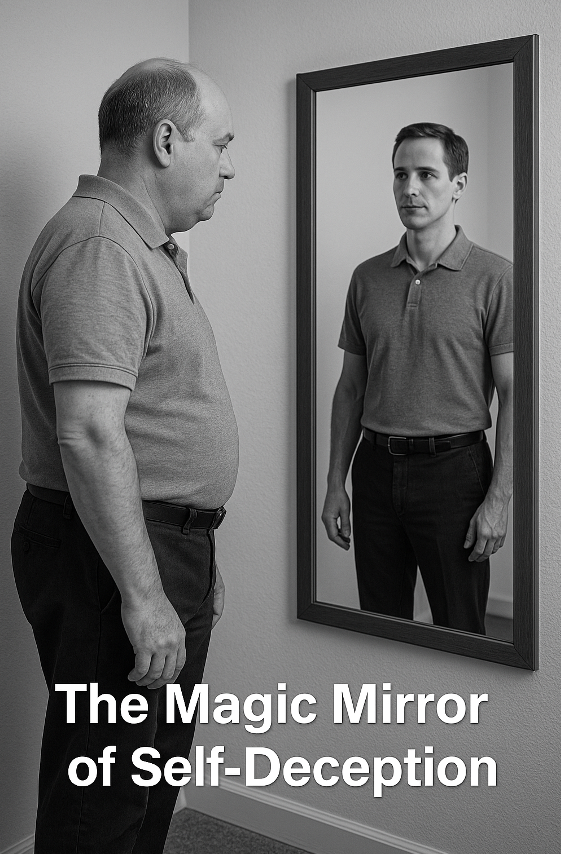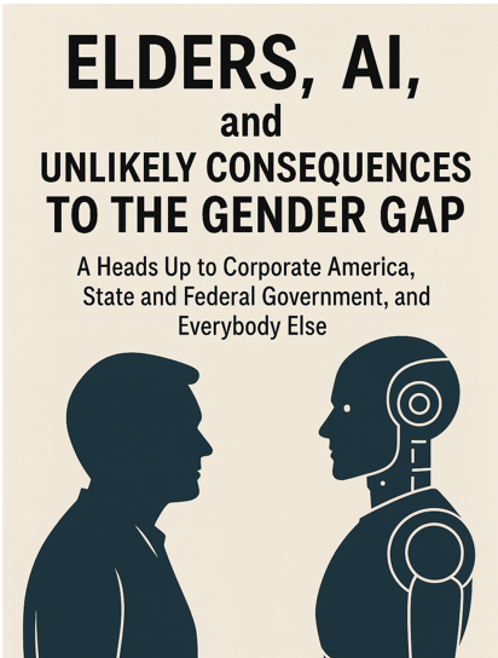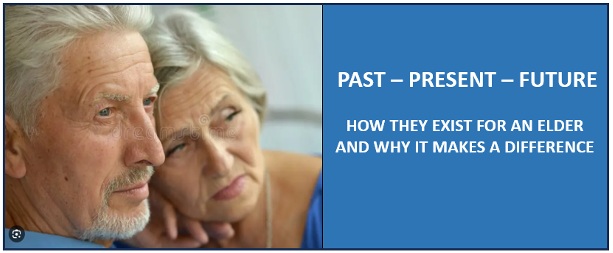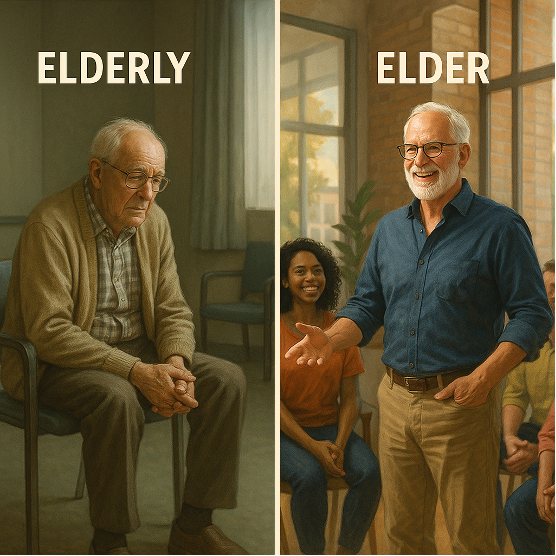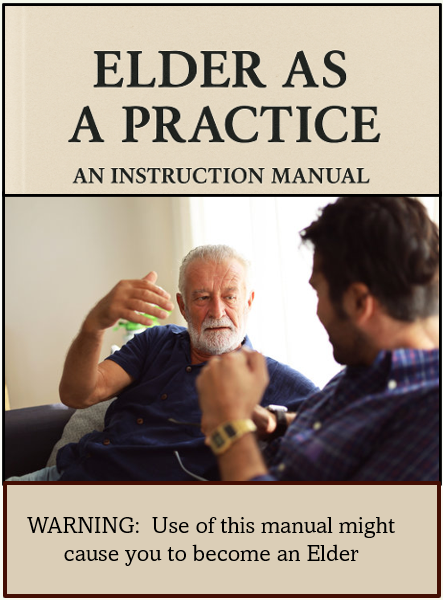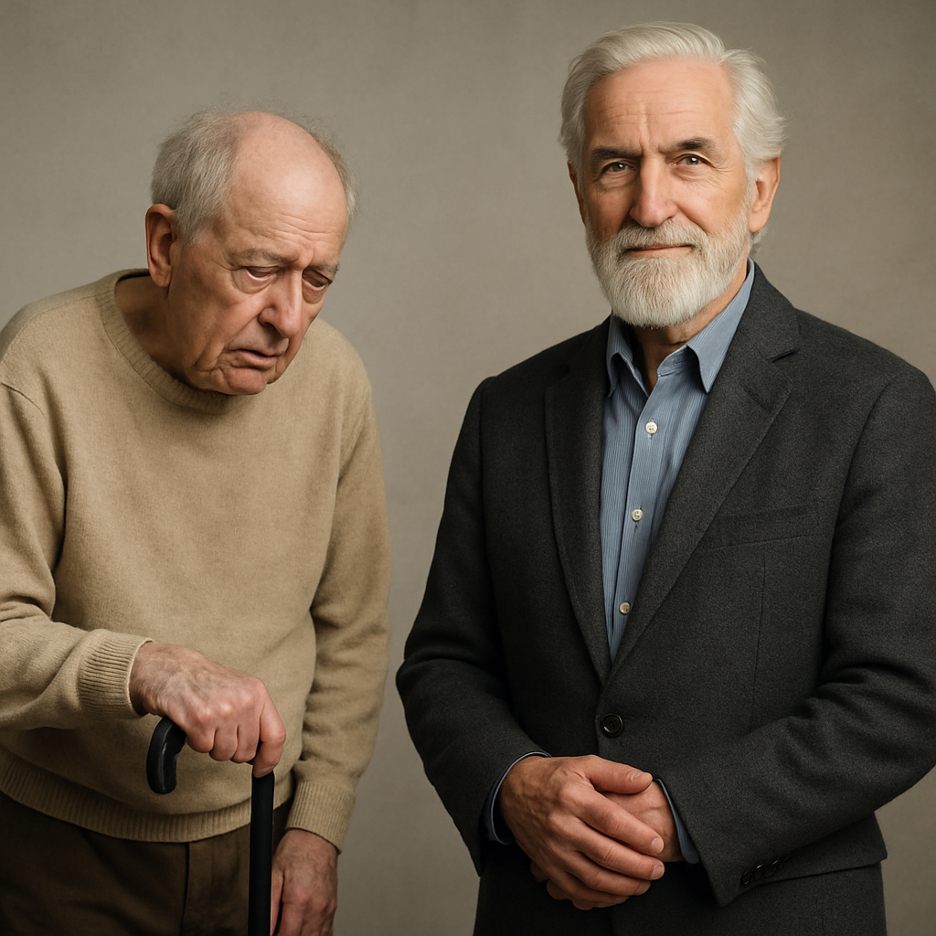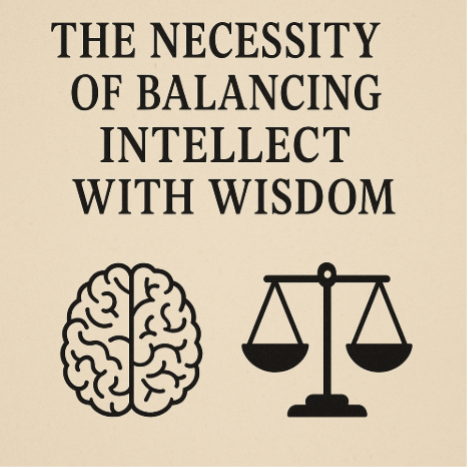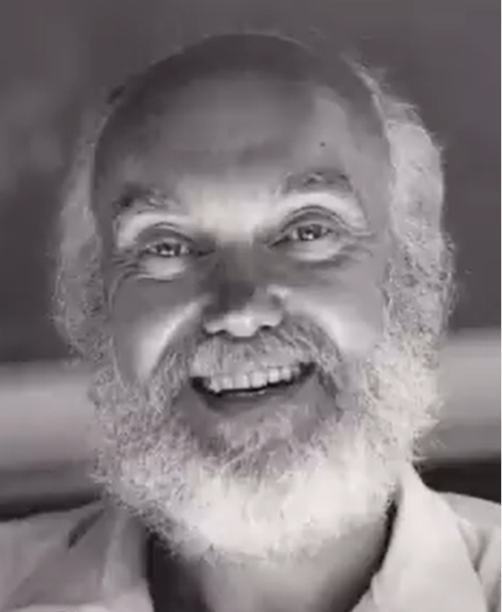THE CONCEPT OF GETTING OLD
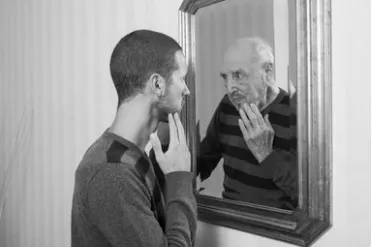
HE CONCEPT OF GETTING OLD
When I ask a person to be interviewed, a late-aged client, or a conference audience, "What does "getting old mean to you?" I get a wide variety of answers.
Nonetheless, their responses usually involve decrepitude, infirmity, decay, loss of freedom, isolation, immobility, absence of purpose, and decreased mental capacities — the undergarments of doom, despair, and resignation.
When I ask a person to be interviewed, a late-aged client, or a conference audience, "What does "getting old mean to you?" I get a wide variety of answers.
Nonetheless, their responses usually involve decrepitude, infirmity, decay, loss of freedom, isolation, immobility, absence of purpose, and decreased mental capacities — the undergarments of doom, despair, and resignation.
Then I start 'drilling' down to the question underneath the first question. It becomes evident that "getting old" and its accompanying narratives are consistent with how the culture feels about getting old. The two narratives, personal and collective, seem in lockstep.
But then I continue to drill down until a realization occurs—the "how do you know what you know" question. A realization is becoming fully aware of something as a fact. The fact is that "getting old" is a concept, not a fact. Concept is a human construct.
You can't measure "getting old." You can't physically touch "getting old." You can't quantify "getting old." "Getting old" can't be materially evaluated, calculated, or defined. Therefore "getting old" is conceptual - an abstract idea, a general notion.
But concepts are not fantastical. Concepts have incredible power. They shape how we see the world and ourselves.
A concept exists as a mutually agreed-upon description of an occurrence emanating from a shared worldview. But that doesn't make the concept true. That doesn't make the concept real. It only makes the concept mutually agreed upon, topped off with regional, family, and individual nuances.
Concepts are ephemeral. Those of the great generation, baby boomers and now late Millennials have witnessed many of their concepts arise, stay for a while, and then change or disappear. Look at relationships, divorce, careers, parenting, politics, communications, and government. Concepts move, shift and change.
"Getting old" is a concept. Therefore, it is open to reinterpretation and reconceptualization. But any new version of the concept must prove itself in the current time and culture. If not, it will quickly disappear as in Y2K, Poloroid, and 8-track player for cars.
Today, in our western culture, the historical and current concepts of "getting old" worsen the quality of late life. However, by shifting the established concept, we have observed that for the last third of life's journey, it is possible to generate a conceptual model in which "getting old" can make life better, not worse.
Since all concepts are invented, developing the necessary ingredients and language to form a new concept is possible. But the real test for a concept's viability is when people apply it to their lives and witness it working for them—proof of concept.
Our early observations of the Contemporary Elder concept alter how late-aging professionals see themselves, their relationships, and the world as they travel the last third on their life's journey. Adopting the contemporary elder concept allows late-age professionals to experience "getting old" in an altered state.
A state that gives them a life that continues to expand, not one that contracts. A life with greater fulfillment rather than descending dissatisfaction. A life that becomes more illuminated, not darker.
THE CONTEMPORARY ELDER INSTITUTE’S CONCEPT DESIGN
The intended results of the Contemporary Elder Institute are determinants of our concept design.
- Being more unencumbered in the world.
- Lifting the narrow and restrictive self-imposed bands, permitting you to go beyond and deeper into self-understanding.
- Granting yourself greater authority not to hide your voice.
- Being captivated by a created life.
- Reawakening the spark of wonderment and curiosity.
- Opening preexisting transcendental channels.
- Removing the veils blocking higher wisdom.
- Inviting the power of others and unforeseen elements into your life.
- Seeing the world as a place to be free.
- Restoring what is broken.
- Outstripping the culture's concept of growing old.
- Living from your death backward.
- Enhancing abilities to live into uncertainty.
- Being an elder for our times whose higher wisdom transforms others.
Concepts are not the truth. Concepts are not actual. Concepts are not quantifiable, factual, or physical. Nevertheless, they are superior ordinate in how you see yourself and the world.

References:
Stanford Encyclopedia of Philosophy
THE PATH FROM OLDER TO ELDER – THE CONTEMPORARY ELDER RETREAT
Reframing the Concept of Growing Old
September 17th to September 24th, Red Mountain Resort, Ivins, UT
